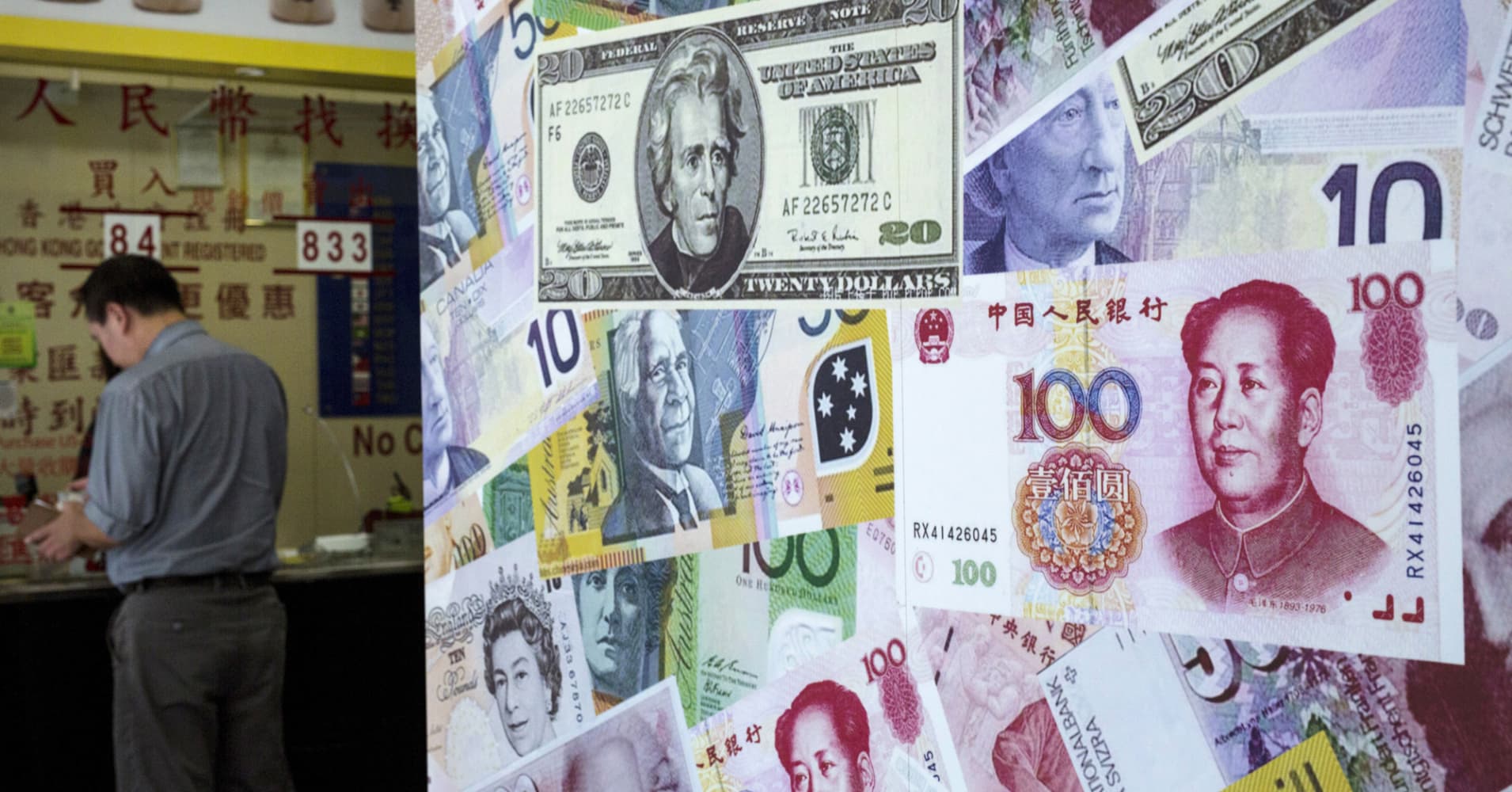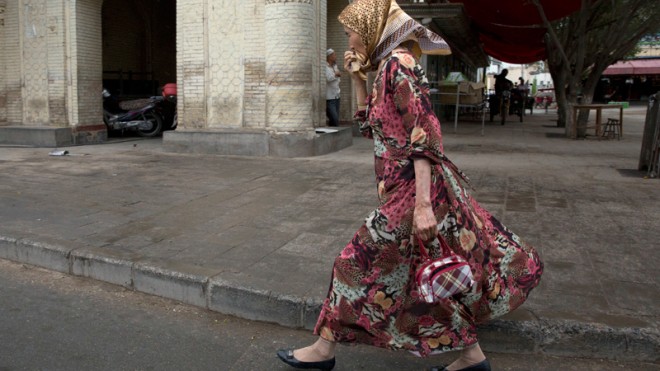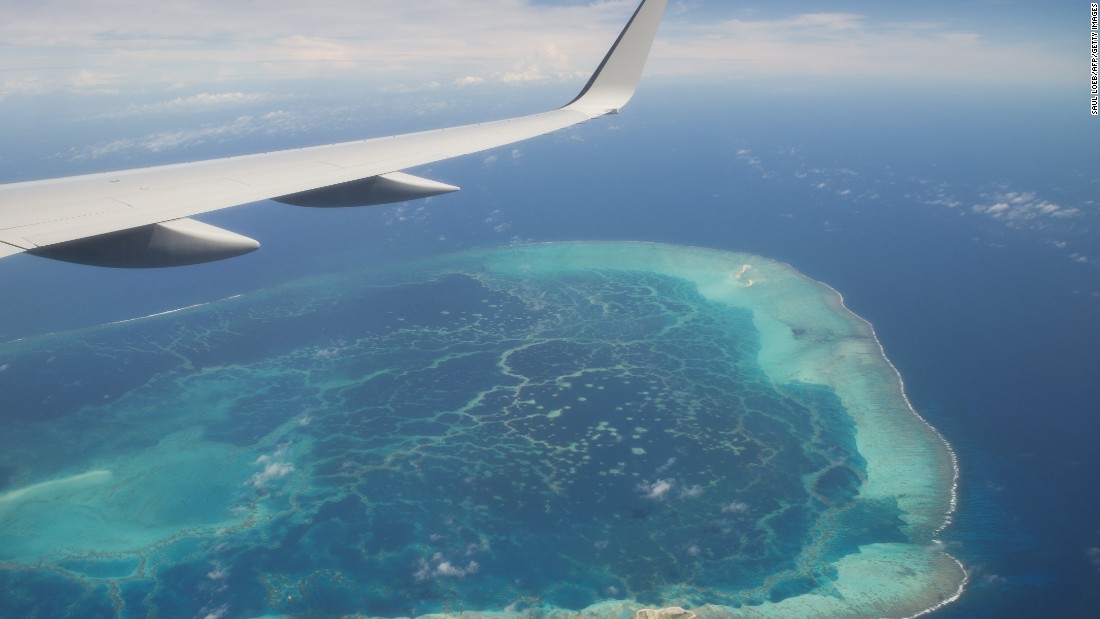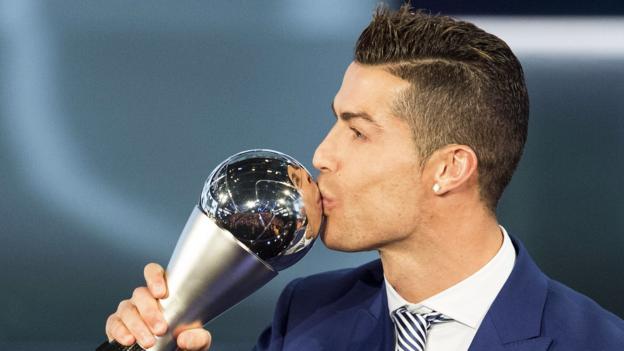 January 9, 2017
January 9, 2017
Beijing — Chinese President Xi Jinping’s message to the newly established China Global Television Network sounds simple enough. It’s one he’s repeated over and over to state media during his nearly five years in power.
“Tell China’s story well,” he said in a congratulatory letter published by the broadcaster on New Year’s Eve, the day the organization launched.
But as China pushes to enhance its influence abroad, CGTN’s mission is anything but simple. Experts on Chinese media say the new network will be at the forefront of Beijing’s foreign propaganda offensive, one of President Xi’s top priorities as he seeks to expand his country’s international reach and burnish its global image.
The launch comes at an auspicious time for China, says Mareike Ohlberg, a research associate at the Mercator Institute for China Studies in Berlin who studies China’s global propaganda efforts. With liberal democracy facing a growing crisis across the West, she says the Chinese Communist Party see an opening to reshape global opinion in favor of its own political system and values.
“Right now there are lots of opportunities,” Ms. Ohlberg says. “The more people who agree that China’s model is better, the more secure the Communist Party can feel at home and also in its role internationally.”
CGTN isn’t an entirely new organization, but rather a rebranding of Central China Television’s international networks and digital presence. The broadcaster’s foreign language channels, video content, and digital media all fall under the new group.
Anne-Marie Brady, a global fellow at the Wilson Center in Washington who specializes in Chinese propaganda, says in an email that the network’s makeover signifies a “further upping the ante” of China’s external propaganda efforts. She explains that while China has successfully projected a positive image of its domestic economy to Western countries, it has long struggled to do the same for its political system.
Indeed, the most recent results from an ongoing global opinion poll by Pew Research Center found that 55 percent of respondents in the United States have an unfavorable view of the country, up from 39 percent in 2007. Many countries in Western Europe share similar views.
The launch of CGTN reflects a growing sophistication of the Communist Party’s Propaganda Department. It includes a new logo and a pair of new mobile apps for news and live broadcasts. CCTV’s accounts on Facebook, Twitter, YouTube, Instagram, and Tumblr have all been rebranded as CGTN. Because the social media platforms are all blocked in China, they are all aimed at international audiences.
“The subtle name change reveals that China understands it needs to disguise the obvious links to the Chinese official media in order to make the message from China more attractive, and to lure in audiences who won’t know the source,” Ms. Brady says.
But achieving that level of separation will be difficult to achieve, says Yuen Ying Chan, founding director of the Journalism and Media Studies Program at the University of Hong Kong, especially after Xi told state-run media outlets to pledge absolute loyalty to the Communist Party last year.
“You want to manage the media, control the media, and then you want the global public to be attracted to it, to believe it,” she says about the Communist Party. “That’s an inherent contradiction. I don’t see how it can be done.”
Still, some experts warn that it would be wrong to dismiss China’s efforts in trying to influence public opinion in the West. In 2009, Beijing reportedly announced that it would invest 45 billion renminbi ($6.5 billion) to strengthen its international news coverage and help spread its message abroad. Backed by a large government bankroll, China’s media outlets have become more ambitious as they try to transform the Communist Party into a global voice.
“This is something that has really gained traction since Xi Jinping came to power,” says Ohlberg of the Mercator Institute. “This idea that China has an alternative to offer to so-called Western liberal democracy, and that it should push that more heavily.”
CGTN has channels in English, Arabic, French, Spanish, and Russian, and production centers in Washington and Nairobi. It also has nearly 43 million likes on Facebook – the most of any major broadcaster in the world – despite the social network being blocked in China since 2009. (CNN has 25.5 million likes and BBC News has 37 million.)
In addition to CGTN, the official Xinhua News Agency has expanded aggressively overseas in recent years. In 2011, it leased a giant billboard in New York’s Times Square that has, among other things, broadcast videos promoting China’s position on the South China Sea territorial dispute.
China has also made its mark on academic institutions. Some 500 Confucius Institutes have been set up on university campuses worldwide to spread Chinese language and culture, with plans in place to double the number to 1,000 by 2020.
And on Saturday, the University of International Business and Economics in Beijing opened a new research center charged with finding new ways to boost China’s voice in the international community.
China has a long way to go toward breaking the West’s dominance in the realm of international soft power. It ranked 28th in the world on the Soft Power 30 index for 2016 , sandwiched between Russia and the Czech Republic and well behind the United States and Great Britain, which ranked first and second respectively. The index was compiled by Portland Communications, a London-based public relations agency.
No one knows how successful China’s expanded propaganda campaign will be. But it has already raised concerns in Washington, if to a lesser extent than Russia’s increasingly sophisticated tactics. On Dec. 23, President Obama signed into law a “counter-propaganda” bill that was included in the National Defense Authorization Act for the 2017 fiscal year.
The bill’s sponsor, Sen. Rob Portman (R) of Ohio, said it was aimed at propaganda from « Russia, China, and other nations. » The bill calls for the establishment of a center in the State Department to coordinate “counter-propaganda” efforts and creates a grant program for non-governmental organizations that are engaged in related work.
“Our enemies are using foreign propaganda and disinformation against us and our allies, and so far the US government has been asleep at the wheel,” Senator Portman said in a statement. “With this bill now law, we are finally signaling that enough is enough; the United States will no longer sit on the sidelines.”
China’s state-run media interpreted the bill in a different light. A commentary published Dec. 28 in People’s Daily, the main newspaper of the Communist Party, says the bill’s adoption “suggests that America’s message to the world is losing its appeal in the face of a much more fiercely competitive market place of ideas.”
© Source: http://www.csmonitor.com/World/Asia-Pacific/2017/0109/The-TV-network-at-the-forefront-of-Beijing-s-foreign-propaganda-offensive
All rights are reserved and belongs to a source media.
 Menschen mit Migrationshintergrund mussten 2014 im Schnitt mehr Miete zahlen als Bürger ohne ausländische Wurzeln. Das berichtet das Statistische Bundesamt. Ein Grund: Sie lebten häufiger in Großstädten. Auch bei der Wohnungsgröße gab es Unterschiede.
Menschen mit Migrationshintergrund mussten 2014 im Schnitt mehr Miete zahlen als Bürger ohne ausländische Wurzeln. Das berichtet das Statistische Bundesamt. Ein Grund: Sie lebten häufiger in Großstädten. Auch bei der Wohnungsgröße gab es Unterschiede.

 January 9, 2017
January 9, 2017
 The US Trade Representative said in its annual report to Congress that continued dialogue with China over trade disputes, backed up by formal complaints in the World Trade Organization when necessary, have yielded results for US companies, although « significant trade distortions » remain.
The US Trade Representative said in its annual report to Congress that continued dialogue with China over trade disputes, backed up by formal complaints in the World Trade Organization when necessary, have yielded results for US companies, although « significant trade distortions » remain.

 Keeping China’s yuan from falling much further will likely bedevil the mainland’s policymakers, Eric Robertsen, head of global macro strategy and foreign-exchange research at Standard Chartered, said on Monday.
Keeping China’s yuan from falling much further will likely bedevil the mainland’s policymakers, Eric Robertsen, head of global macro strategy and foreign-exchange research at Standard Chartered, said on Monday. 
 BEIJING — China says it is tightening border controls in its northwestern Xinjiang region amid rising terrorism threats.
BEIJING — China says it is tightening border controls in its northwestern Xinjiang region amid rising terrorism threats. 
 Washington (CNN) A new photo published by National Geographic magazine Monday shows President Barack Obama enjoying the sights of a reef while snorkeling in the Pacific Ocean.
Washington (CNN) A new photo published by National Geographic magazine Monday shows President Barack Obama enjoying the sights of a reef while snorkeling in the Pacific Ocean. 
 Expecting a baby? Congratulations! Better put plenty of money in your savings account.
Expecting a baby? Congratulations! Better put plenty of money in your savings account. 
 CHICAGO (CBS ) – Dairy Queen has closed one of its stores in Illinois and terminated its relationship with the franchise owner after police say he used racial slurs in an angry confrontation with a customer.
CHICAGO (CBS ) – Dairy Queen has closed one of its stores in Illinois and terminated its relationship with the franchise owner after police say he used racial slurs in an angry confrontation with a customer. 
 Cristiano Ronaldo was named the world’s best player at the inaugural Best Fifa Football Awards in Zurich.
Cristiano Ronaldo was named the world’s best player at the inaugural Best Fifa Football Awards in Zurich. 

